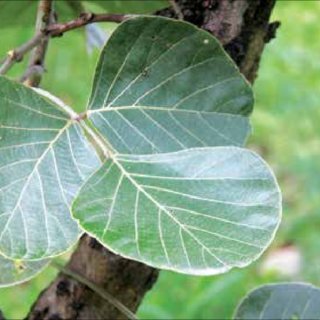
Vistaraku USA is a sustainable lifestyle brand, which promotes healthy habits and sustainable products.
Made from leafs of Palash tree. These leaves have natural antibacterial, antiseptic properties, which makes eating from them not only a sustainable option but also a healthy one.
Say No to Plastic in any form, Help yourself and Help our Planet:
The disposable plates, cups, bowls, tumblers, spoons, bags, covers, sheets, films are made from plastics such as polythene, polypropylene, polyester, polyethylene terephthalate, polystyrene, polycarbonate, epoxy resins, polysulfone, polyvinyl chloride, polyvinylidene chloride, and melamine formaldehyde. These plastics can release toxic substances including bisphenol A, melamine, vinyl chloride, phthalates, etc. into the food during usage. For example, bisphenol A, a starting material for the synthesis of plastics such as polycarbonate, epoxy resins, and polysulfone, is a possible carcinogen and causes prostrate and breast cancers, insulin resistance, and heart diseases. It is classified as xenoestrogen and being an endocrine disrupting chemical (EDC), it exhibits hormone mimicking properties and affects the male and female fertility in humans and animals. The compound melamine is toxic and causes kidney damage.
Environmental importance of leaf plates
The impact of disposable plasticware utilization in our day to day has led to a search for alternate renewable resource, i.e., use of plant leaves as dining plates and food wraps, a traditional practice in India. The long-standing tradition has its own cultural, religious, medicinal, socioeconomic importance in India. The leaves are one of the non-timers forest produce (NTFP) and collected from the forests by the tribal people of India. The plates and cups made out of leaves are known as patravali, pattal, vistari, vistaraku; and done, dona, respectively, in various Indian languages. The leaf plates are environment friendly, biodegradable, amenable for longer duration storage and can be easily disposed off. They are economical and don’t require cleaning with phosphate-rich soaps and detergents, a time taking, labor intensive process. The nutrient-rich detergents released into the water bodies lead to a phenomenon known as eutrophication, in which excessive growth of algae and its anaerobic decomposition depletes dissolved oxygen leading to fish kill (Sarin, 2017). The leaves exhibit significant antibacterial and antifungal properties against various bacteria and fungi, thus protect us from the environmental and food borne pathogens (Sahu and Padhy 2013). The abundance of polyphenols, which could probably be leached into the food make them as ideal natural antioxidants (Somayaji and Hegde 2016).
